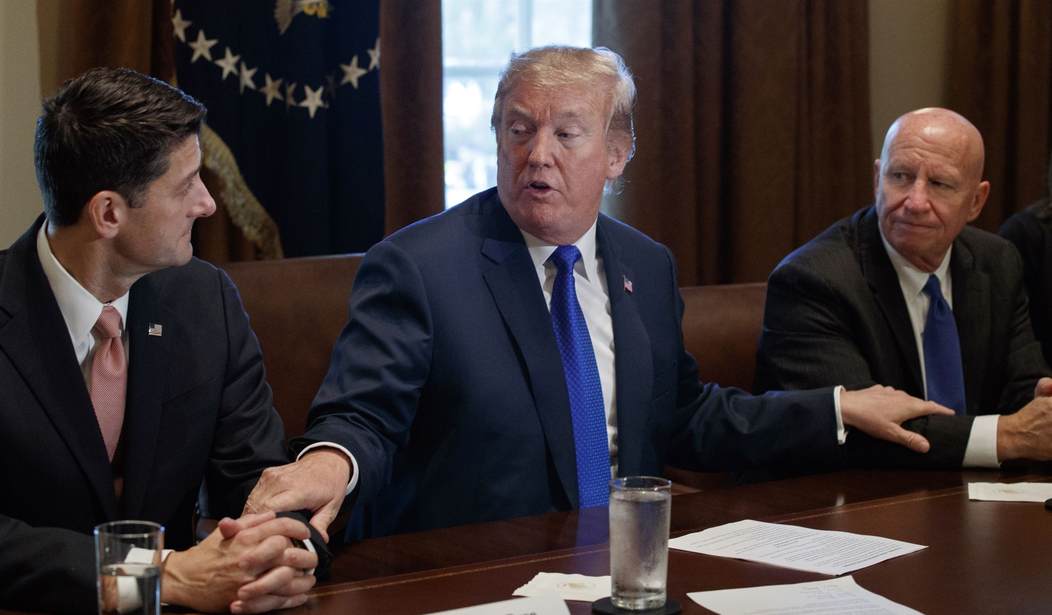During the late 1980s and early 1990s, there was a bipartisan consensus that reducing capital gains taxes, the rate of taxation on investment income, would create jobs and grow the economy. When the issue was considered by the Democratic House in 1989, a shocking 64 Democrats voted to sharply reduce the rate. Today, it might be difficult to find even a handful of House Democrats willing to cross the aisle to do something positive for job creation.
Historically, capital investment has been taxed at a lower rate than wage income. There is good reason for this. Savings and investment are already double and even triple taxed compared to consumption even though they are key to economic growth. Lower rates on capital gains are an attempt to offset, albeit only partially, the tax code’s destructive bias against saving.
That is ultimately what the seemingly never-ending debate on “carried interest” is all about. The carried interest is the share that general partners receive as compensation for profits made on investments. In other words, managers of private equity, venture capital, or real estate partnerships, among others, are rewarded a percentage (usually 20%) of net profits beyond a decided point (also known as the hurdle rate).
The goal is to incentivize managers to maximize an investments’ return, which benefits both investors—including not just individuals, but also things like pensions and endowments—and the broader economy. After all, achieving the highest possible return on an investment indicates that funds have been allocated to where they provide the strongest economic benefit.
Pressed by the Bernie Sanders wing of the party, Democrats like Sen. Elizabeth Warren, Hillary Clinton, and Sen. Minority Leader Chuck Schumer have denounced “carried interest” as a “loophole” that should be eliminated. As part of his effort to tap America’s populist vein, then-candidate Donald Trump similarly portrayed carried interest as a Wall Street giveaway. It’s neither.
Recommended
Carried interest is taxed as a long-term capital gain (currently, for assets held for over one year) only when it qualifies as such. There is no loophole. When general partners receive a flat fee regardless of the profits generated, it is appropriately taxed as ordinary income.
Democrats have long waited to raise capital gains taxes as part of their effort to increase the overall level of taxation and size of government. Their long-standing call to equalize capital gains rates with ordinary wage income, while devoid of economic logic, is a means to that end.
Some populists on the right have unfortunately aided in this effort by portraying the tax treatment of carried interest as a special benefit for hedge funds, as Donald Trump argued during the campaign. This is a red herring. Hedge fund managers rarely receive the lower capital gains rate on carried interest because they do not typically hold stakes for long enough to qualify.
Nevertheless, House Ways and Means Chairman Kevin Brady seeks to amend the tax plan by extending the holding period from one to three years, thus eliminating even those rare cases where a hedge fund manager had a carried interest taxed at the lower rate. This compromise defangs the populist argument while preserving the capital gains rate for other partnerships that would actually take the brunt of a tax hike on carried interest, such as real estate, which makes up 46% of those who would be affected by treating carried interest as ordinary income, and private equity firms.
The tax reform process is far from over, and there will undoubtedly be further efforts to hike taxes on the most economically vital activities. House Leadership deserves credit for not falling into the left’s carried interest trap, which is aimed at raising taxes not just on carried interest, but on all capital gains. They should instead continue to preserve the treatment of carried interest as it has been since the creation of the income tax.

























Join the conversation as a VIP Member